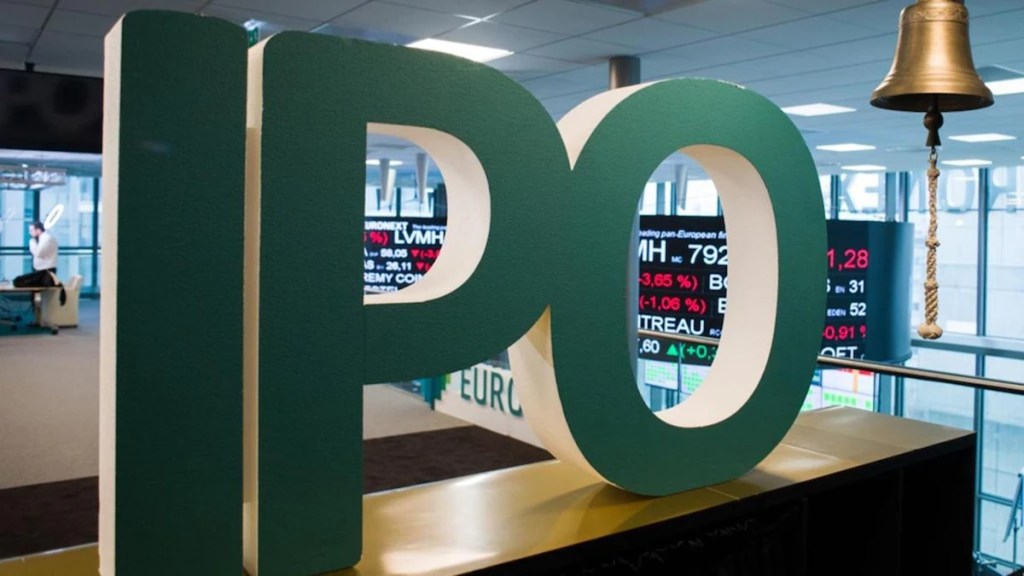Amid a booming initial public offering (IPO) market, banks are pursuing short-term gains. A recent report from markets regulator Sebi has revealed that nearly 80% of banks offload their allotted shares within the first week of listing.
Banks’ strategy of quickly selling shares appears to be profit-driven, taking advantage of immediate post-listing price surges, experts said. The report showed that between April 2021 and December 2023, 75% of IPOs delivered positive returns on the listing day. Around 26 IPOs even delivered more than 50% returns on Day 1, enticing investors to book profits early.
The trend of quick selling isn’t limited to banks. Retail investors offload more than half of their shares within the first week, reflecting a broader appetite for short-term gains.
But why are banks, institutions often perceived as stable, playing the short game? “Banks usually like to churn their portfolio and book profits for equity exposures where they are not strategic investors. Their trading desks are clear about profit booking for tactical investments, and hence we see what we are seeing,” Vivek Iyer, partner at Grant Thornton Bharat, said.
Foreign banks, with their risk-averse nature, typically avoid such exposures, while domestic banks operate with strict limits, generally capping equity investments at 5% or less, he added.
The high demand for IPOs ― 92 of which were subscribed more than 10 times during this period ― gives banks a window to make quick profits before exiting.
“Banks have to deploy money for short periods of time, and IPOs have been providing a good opportunity. It’s a commercial decision within the regulations,” Ashvin Parekh, managing director at Ashvin Parekh Advisory Services, said.
Another expert said, “Sometimes banks have corporate relationships with IPO-bound entities, providing working capital or credit lines. They may even take short-term equity positions to bolster the company’s market launch, knowing the entity’s potential.”
Banks may see this as a low-risk opportunity to support a client while simultaneously capitalising on the immediate demand and potential for listing gains, the expert said.
Mutual funds, in contrast, play a longer game, holding on to IPO shares. Over the same period, mutual funds sold only 3.3% of their allotted shares, the Sebi report showed.
As fiduciaries managing unitholders’ capital, mutual funds have to make disclosures and function within set parameters. So, they don’t rush to sell like banks do, Ashvin Parekh said. “Mutual funds aren’t looking for short-term gains, rather they look at holding positions with long-term potential.”
However, rapid selling by banks has raised concerns. Banking and stock market expert Ajay Bagga questioned on social media: “Why are banks investing in IPOs? Why are banks playing in the casino of listing gains? Who are these banks, and has the RBI allowed this?”


